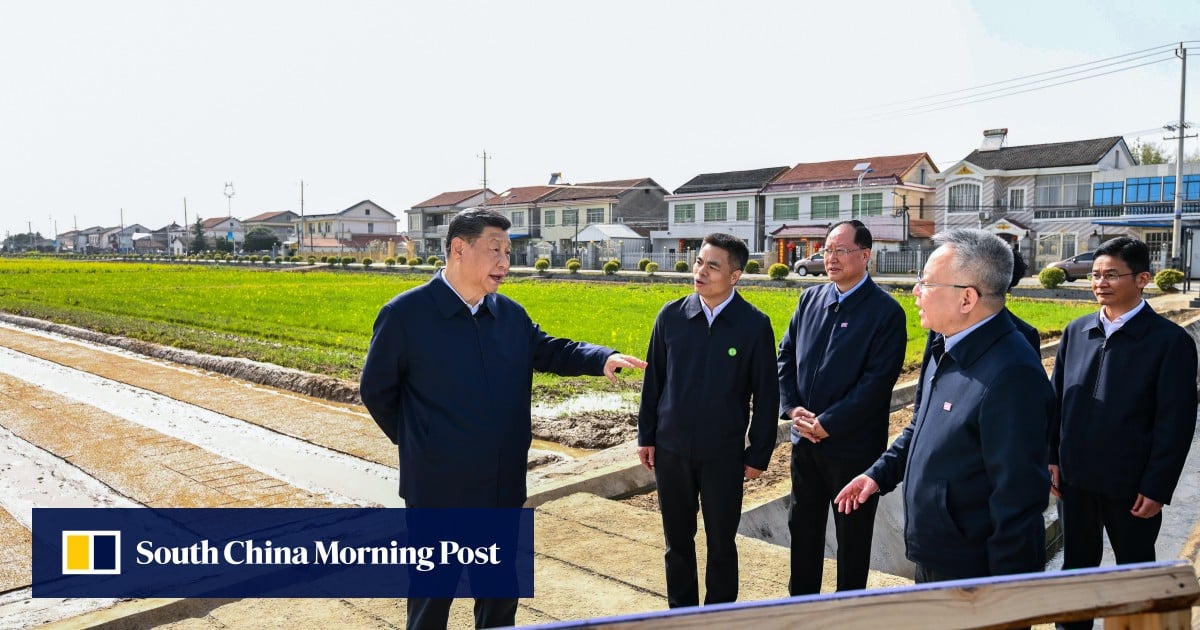In an official notice, the Central Commission for Discipline Inspection (CCDI) listed the targets as one of three classic examples of “formalism” that added to the burdens of grass-roots officials.
‘Not even one’: China pulls up lower-level corruption fighters over lack of cases
‘Not even one’: China pulls up lower-level corruption fighters over lack of cases
In the central province of Shanxi, for instance, the commission said that in 2022 and 2023, some counties set hard business registration targets for towns and districts. These local governments would then be evaluated annually based on the number of business entities they had added in their respective areas.
Under pressure from their superiors, the local governments “mobilised” residents to create fake business registrations, some of which would then be cancelled after the annual county evaluations, according to the notice.
In one extreme case, an individual registered more than 20 bogus businesses, the CCDI said.
The surge in business registrations came as Shanxi offered financial assistance and various marketing platforms to help business owners recover from the economic damage caused by Covid-19 and sweeping pandemic restrictions.
Last October, Shanxi provincial officials announced that 68,000 new business had been registered in the first nine of months of 2023. The province pledged to support the “excellent trend” with further support for tourism, innovation, and rural and agricultural development.
The CCDI also cited another case of formalism in the northeast province of Liaoning in which more than 600 libraries had been set up in rural villages. The facilities had hardly been used by the residents, most of which were farmers.
In the city of Qiqihar, in northeast China’s Heilongjiang province, government officials also set a hard target for the number of “likes” for its social media posts from area counties and districts. Under a stipulation that at least 10 per cent of the population take part, hospitals and schools demanded that their staff document their “likes” for the posts, according to the CCDI.
Several cases of data fabrication have been uncovered in China over the years, in which local officials tried to inflate figures to meet economic growth targets or boost their prospects for promotion.
In 2022, Zhang Jinghua, a former deputy Communist Party chief in Jiangsu province, was expelled from the party after being accused of fabricating economic data.
China’s former justice minister Tang Yijun facing corruption probe
China’s former justice minister Tang Yijun facing corruption probe
In January, the National Bureau of Statistics warned that data fabrication was “the biggest corruption in the statistical sphere”.







